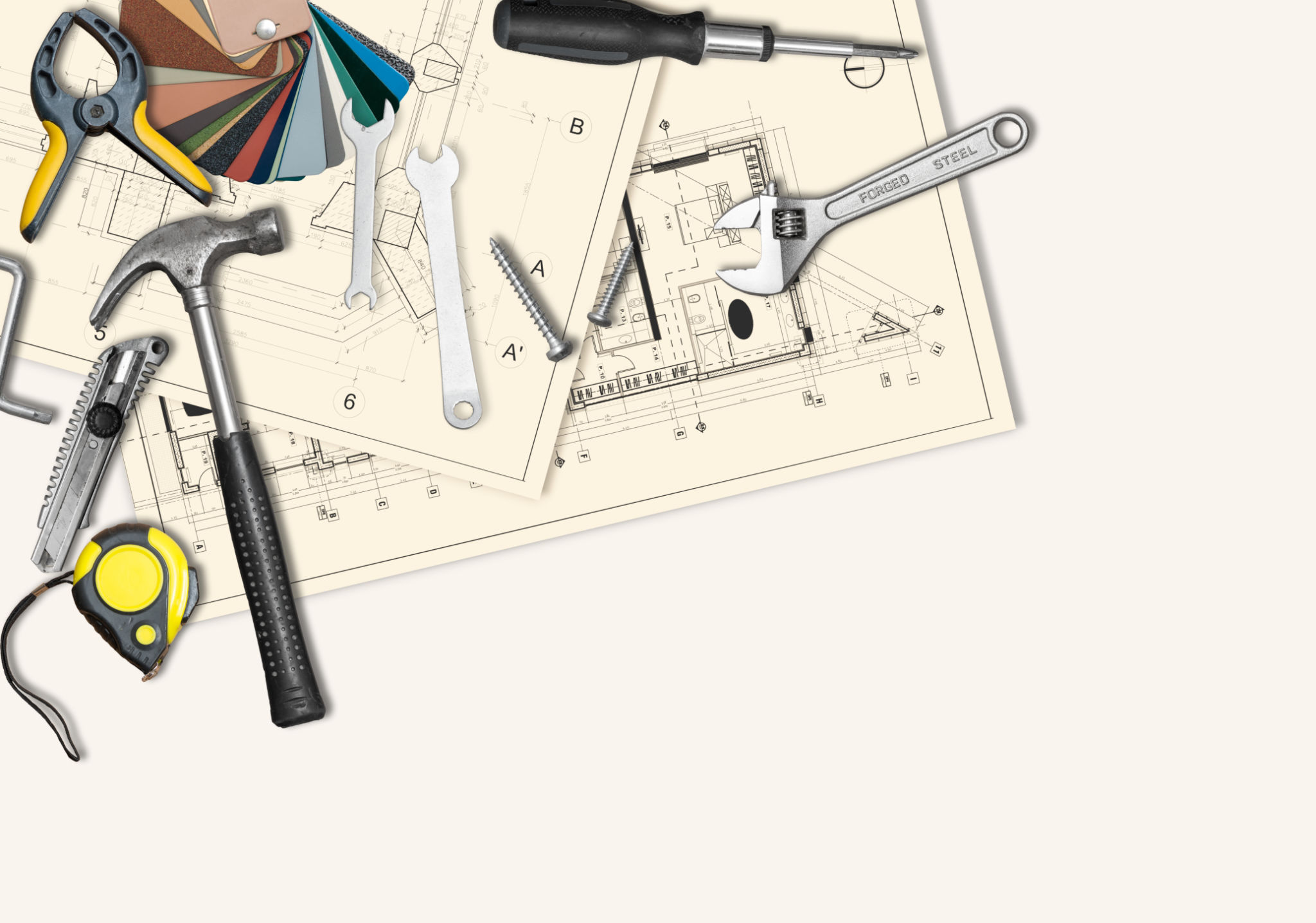DIY vs. Professional Contractors: When to Call the Experts
Understanding the DIY Approach
With the rise of online tutorials and home improvement shows, many homeowners are tempted to tackle projects themselves. The DIY approach can be incredibly rewarding, both financially and personally. It offers a sense of achievement when you complete a task on your own and can often lead to cost savings since you’re not paying for labor.
However, DIY projects come with their own set of challenges. They require a significant investment of time, patience, and often a steep learning curve. Furthermore, the quality of work might not match that of a professional, particularly if you're inexperienced in a particular area.

When DIY Makes Sense
There are certain situations where a DIY project is ideal. Simple tasks such as painting a room, gardening, or assembling furniture are often manageable with minimal experience and tools. These tasks allow you to learn new skills while keeping costs down.
Before embarking on a DIY project, consider your comfort and experience level. Ask yourself if you have the necessary tools and time to dedicate to the project. If the task is straightforward and you feel confident, then DIY can be a great option.
The Value of Professional Expertise
On the other hand, professional contractors bring a wealth of experience and expertise that can be invaluable for more complex projects. They have access to specialized tools and resources that most homeowners do not, ensuring high-quality results that meet industry standards.
Professionals also save you time and stress by handling all aspects of the project, from planning and permits to execution and clean-up. Hiring experts can be more cost-effective in the long run, especially if doing it yourself could lead to costly mistakes.

When to Call in the Experts
Certain projects are best left to professionals due to their complexity or potential risks. These include electrical work, plumbing, roofing, and structural changes. Mistakes in these areas can lead to significant safety hazards or damage to your property.
Additionally, if a project requires a permit or inspection, it’s often better to hire someone who understands local regulations and codes. This ensures that all work is compliant and reduces the risk of future legal issues.
Assessing Costs and Benefits
When deciding between DIY and hiring a contractor, it's important to weigh the costs against the benefits. Consider not only the immediate financial outlay but also potential long-term savings and peace of mind. A professional may charge more upfront, but their expertise could prevent expensive repairs or modifications down the line.

Conclusion: Making the Right Choice
Ultimately, whether to pursue a DIY project or hire a professional contractor depends on the specifics of each situation. Carefully assess the scope and requirements of your project alongside your personal skills and resources.
Remember: The goal is to achieve quality results safely and efficiently. Don’t hesitate to seek professional help when you need it, ensuring that your home improvement projects are successful and stress-free.
